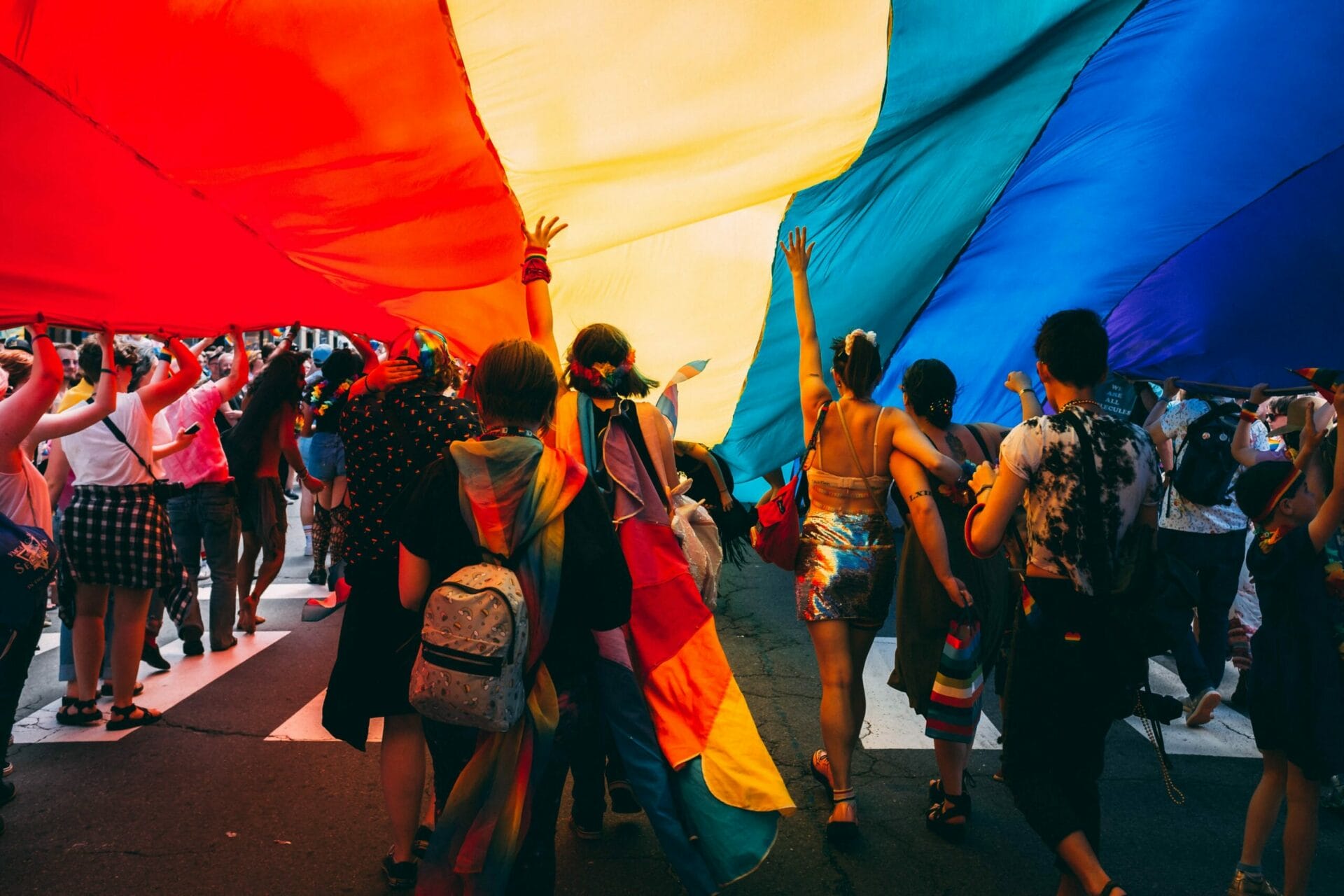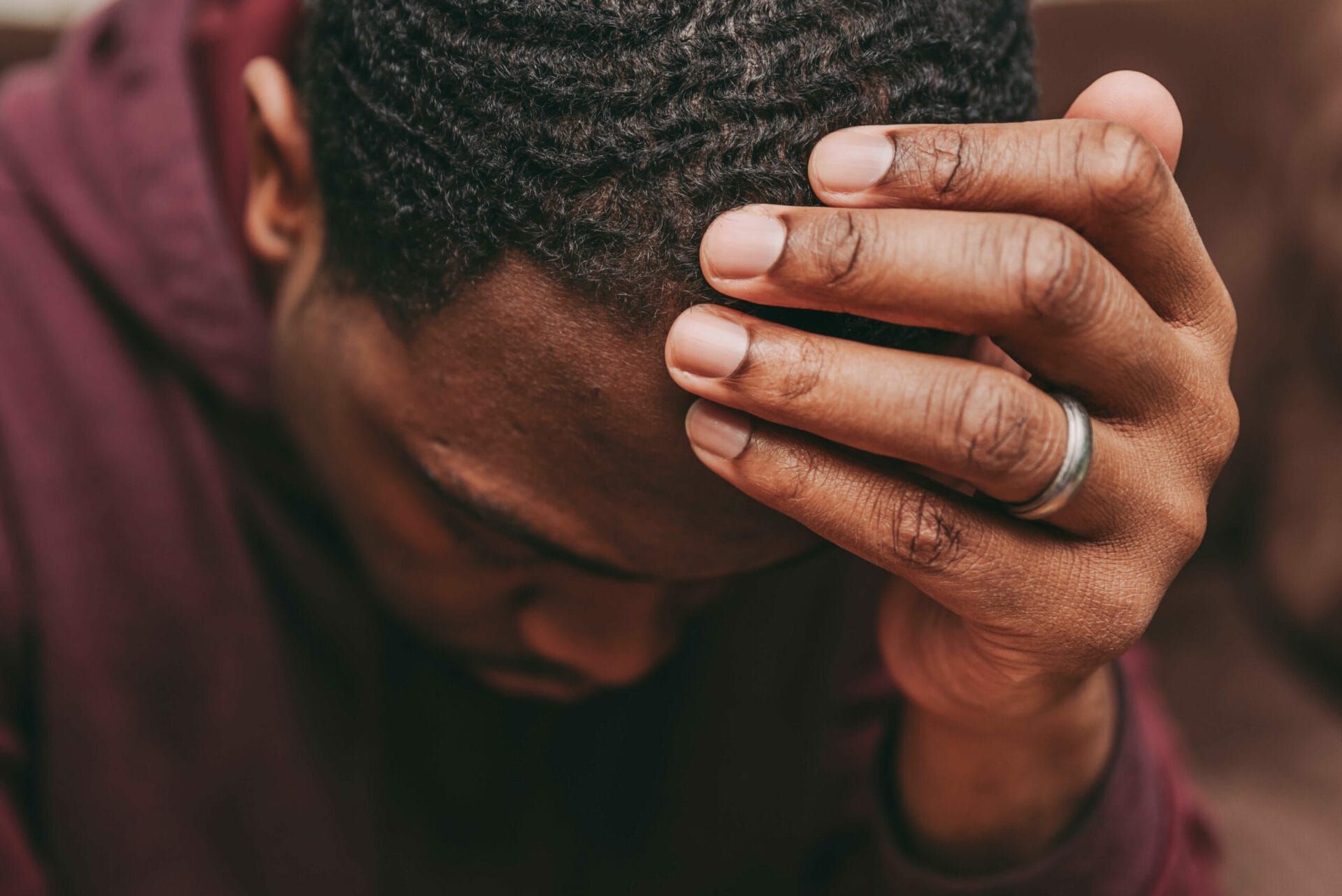Members of the LGBTQ+ community face unique mental health challenges related to discrimination, lack of acceptance, and struggles with identity. Coming out and living openly can also take an emotional toll. According to the National Alliance on Mental Illness, LGBTQ+ individuals are almost 3 times more likely than others to experience a mental health condition.
Within the community, rates of depression, anxiety, substance abuse, and suicidal ideation tend to be higher, especially for transgender and non-binary folks. Discrimination and lack of family acceptance compound these issues. That’s why LGBTQ+ individuals must have access to inclusive mental health resources.
Finding affordable LGBTQ+ competent care is an obstacle many face. Check local LGBTQ centers or university clinics to find referrals. If your provider lacks knowledge on LGBTQ+ issues, educate them or find someone new. You deserve to feel heard and understood.
Online support groups can also be beneficial for connecting with others in the community. Visit sites like TheTrevorProject.org or reach out on social media using relevant hashtags like #LGBTQSupport. You are not alone.
Self-care strategies like these can also promote mental wellness:
- Foster community and chosen family who provide positive affirmation. Surround yourself with accepting, uplifting people.
- Be proud of your identity. Give yourself time to embrace who you are.
- Set boundaries if loved ones are not supportive. Limit contact or take space if needed.
- Express yourself creatively through art, writing, music, or other hobbies. Create safe outlets for emotions.
- Tend to your physical health with nutrition, rest, and movement. Caring for your body is linked to better mental health.

Prioritize emotional and mental well-being. While stigma can still exist, there are more mental health resources for the LGBTQ+ community today. Reach out for support when you need it. You deserve to feel secure, accepted, and empowered in your identity.



